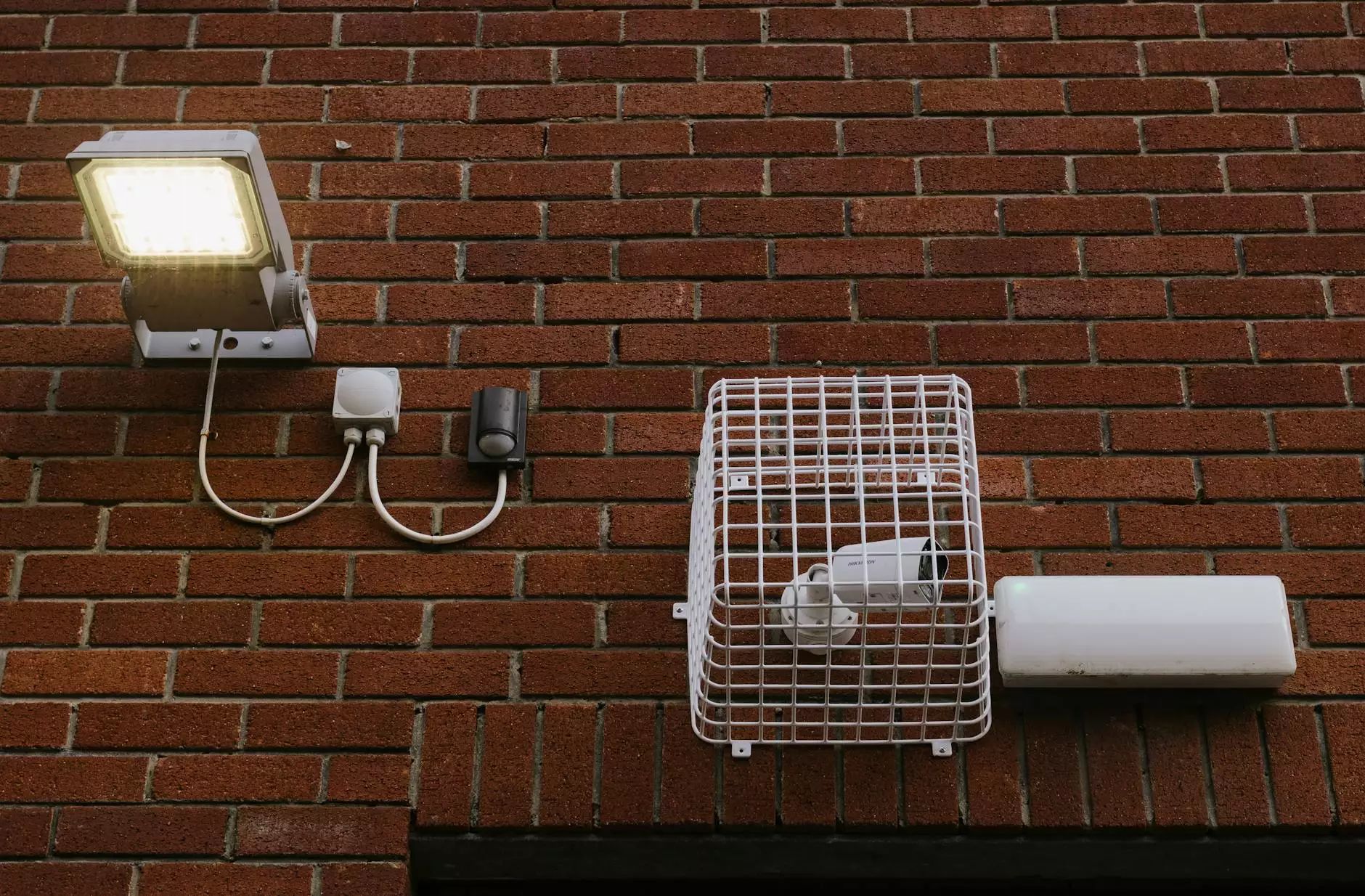Understanding the Power of Vacuum Industrial Cleaners for Businesses

In the world of industrial operations, cleanliness is not merely an aesthetic choice; it is a requirement for efficiency, safety, and productivity. Among the myriad of cleaning tools available, vacuum industrial cleaners stand out as essential equipment for businesses of all sizes. This article delves into the many facets of vacuum industrial cleaners, their various types, applications, and why they are indispensable in maintaining a clean and safe working environment.
The Importance of Cleanliness in Industrial Settings
Cleanliness in industrial settings goes beyond appearances. It plays a crucial role in:
- Employee Health and Safety: A clean workspace significantly reduces the likelihood of accidents and health hazards, such as slips, trips, and respiratory issues caused by dust and contaminants.
- Operational Efficiency: Dirt and clutter can hinder operations and reduce efficiency. A clean environment allows workers to perform their tasks without obstacles.
- Equipment Longevity: Dust and debris can cause wear and tear on machinery. Regular use of industrial vacuum cleaners can extend the life of vital equipment.
What Are Vacuum Industrial Cleaners?
Vacuum industrial cleaners are specialized cleaning devices designed to handle significant amounts of dirt, debris, liquids, and hazardous materials in large industrial environments. Unlike standard vacuum cleaners used in homes, these machines are built to endure harsh conditions and provide powerful suction to maintain cleanliness in demanding situations.
Types of Vacuum Industrial Cleaners
Understanding the different types of industrial vacuum cleaners is essential for selecting the right model for your business needs. Here are some common types:
1. Wet/Dry Vacuum Cleaners
These versatile machines can handle both liquids and solids. They are perfect for workshops, warehouses, and industrial sites where spills and debris are common.
2. High-Efficiency Particulate Air (HEPA) Vacuum Cleaners
HEPA vacuum cleaners are crucial for environments that require stringent air quality standards, such as clean rooms and laboratories, as they can trap 99.97% of particles that are 0.3 microns or larger.
3. Explosion-Proof Vacuum Cleaners
Designed for use in environments where flammable dust or vapors may be present, these vacuum cleaners are built with special features to prevent ignition, thus ensuring safety.
4. Centralized Vacuum Systems
These systems use a network of pipes to remove waste from different areas of a facility, providing effective and efficient cleaning without the need for portable units.
Applications of Vacuum Industrial Cleaners
The versatility of vacuum industrial cleaners means they are used across various sectors. Some of the common applications include:
- Manufacturing: Keeping the manufacturing floor clean is vital to ensure safety and productivity.
- Pharmaceuticals: Strict cleanliness standards are required, and HEPA vacuums are often used to maintain sterile conditions.
- Construction: Cleanup of dust, debris, and spills is essential for safety on construction sites.
- Food and Beverage: Sanitation is critical, and industrial vacuums help maintain cleanliness in processing areas.
- Aerospace: Specialized cleaning is needed to ensure components are free from contaminants that could affect performance.
Benefits of Using Vacuum Industrial Cleaners
Adopting vacuum industrial cleaners can yield significant benefits for businesses:
1. Enhanced Cleaning Efficiency
Industrial vacuums are engineered for powerful suction, enabling them to clean large areas quickly and effectively. Their design often allows for additional accessories tailored to specific cleaning tasks, enhancing efficiency even further.
2. Improved Air Quality
With specialized filters, such as HEPA filters, industrial vacuums improve indoor air quality by trapping fine particles, allergens, and hazardous materials, creating a healthier workspace for employees.
3. Cost-Effectiveness
Investing in high-quality vacuum industrial cleaners can lead to long-term savings by reducing operational downtime, minimizing the need for frequent maintenance, and prolonging the lifespan of machinery.
4. Compliance with Health and Safety Regulations
Using appropriate cleaning equipment helps businesses comply with health and safety regulations, thereby avoiding fines and legal issues while creating a safer work environment.
Choosing the Right Vacuum Industrial Cleaner
When selecting a vacuum industrial cleaner for your business, consider the following factors:
1. Type of Waste
Identify the materials you need to clean. Will you be dealing with liquids, dust, or hazardous substances? Different cleaners are designed for different types of waste.
2. Size and Portability
Consider the size of your facility and the areas that require cleaning. For large spaces, a portable vacuum may be beneficial for maneuverability.
3. Filtration System
Evaluate the filtration requirements based on the environment. For sensitive environments, HEPA filtration may be necessary.
4. Noise Level
In certain settings, high noise levels can disrupt productivity. Check for models designed for quieter operation.
5. Maintenance Requirements
Selecting a model with low maintenance needs can save time and costs in the long run.
Conclusion
In conclusion, vacuum industrial cleaners are invaluable tools that contribute significantly to the efficiency and safety of industrial operations. By understanding the various types of industrial vacuums, their applications, and the benefits they offer, businesses can make informed decisions that enhance their operational effectiveness. Investing in the right equipment not only promotes a clean working environment but also fosters employee wellbeing and satisfaction.
For more information about enhancing your business's cleaning operations with high-quality vacuum industrial cleaners, visit TMM and explore our range of products and services designed for superior industrial cleaning solutions.









